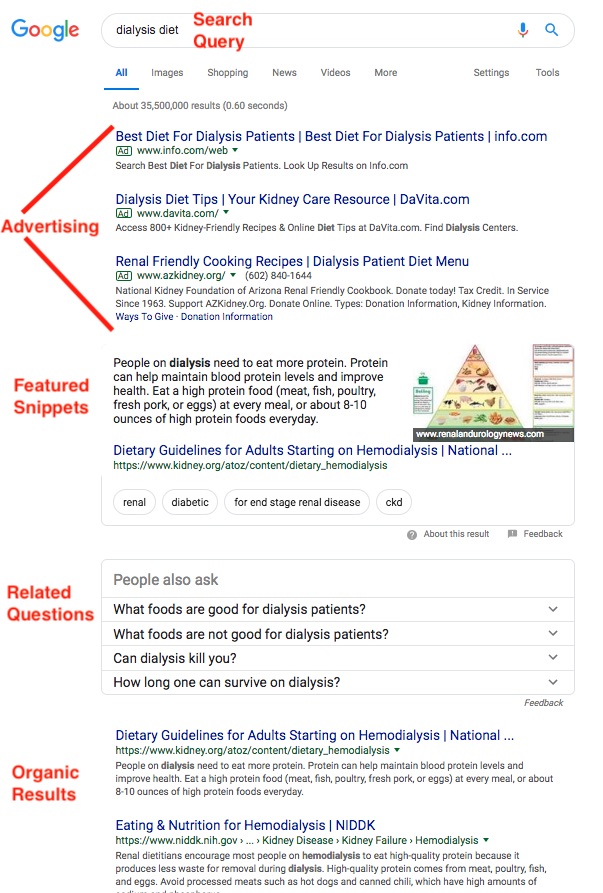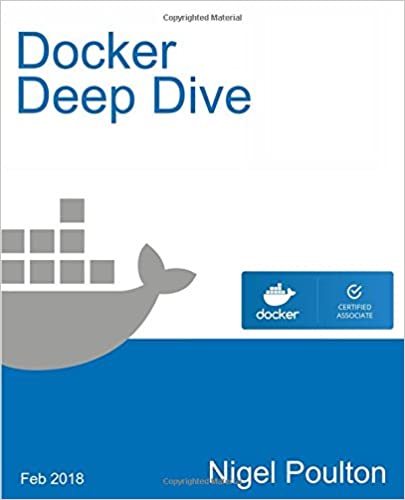; Date: Tue Jan 22 2019
Tags: Google »»»»
The advertising alongside Google search results is a necessary evil that helps Google stay in business, so that Google can provide the excellent services it offers to us all. At least, that's how Google wants us to see those advertisements. Google's own training material seems to make it clear that Google wishes to downplay organic search results, in other words the natural results we should be seeing, in favor of the advertising results. Advertisements are based largely on the advertisers willingness to pay, not the relevance of the ad, and therefore the real search results are pushed down the page.

Below is the first video Google wants budding Google Ads customers to see in order to understand the value of Google Ads. The video is nice, soft spoken, and very slick. But, notice how the speaker subtly downplays organic search results, and presents paid results as being more important.
The goal of this video is clearly getting potential advertisers to pay money to Google to run ads in Google search results, and on Google Adsense partner sites.
FD: I am getting ready to start running Google Ads, and have been publishing Google Adsense partner sites (including this site) for about 20 years.
As we'll see below, over the years Google has started adding its own value into the search results. Google search results are now not so much about getting visitors to the correct website, but keeping folks engaged on Google properties, and also earning advertising revenue.
At the bottom of this page is a video from Google making this shift abundantly clear. Namely, the video is part of training material for potential advertisers, and tries to convince us that advertising results are more important than organic results.
Obviously to Google the advertising results are more important, since that's how Google earns its money. But that's the problem we're calling out, that Google has lost focus on its mission.
What's an organic search result?
Take your search query, type it into a search engine. Ideally the results should be the most relevant to your query, based on search engine algorithms. That's what we're looking for, is relevant information.
Twenty years ago when Google began its advertising program, they promised us that as experts in ranking websites the advertising engine would reuse that data to rank advertising relevance. Google told us that Adsense - the program allowing website publishers to run Google ads on their own sites - would target ads primarily based on the content of the website, and that therefore Google had crafted a Win-Win-Win proposition where website visitors, website publishers, and Google would all win.
Bottom line, an organic search result is the website that's most relevant to the search query.
Organic search results pushed further and further down
Let's take a look at a typical Google Search result screen.

In the old days the organic search results started at the top. It was a bit controversial when Google started putting advertisements at the top, but we took that in.
Now the organic results are pushed way down as Google inserts more and more "added value" and advertisements. It's not just the advertisements that's pushing the organic results downward, there are other things getting in the way.
Let me suggest the rationale Google has for each section:
Advertising Obviously Google needs income to pay for its business.
Featured Snippets Fake News is on everyones mind nowadays, and additionally Google has been fighting against search engine spam for decades. This appears to be an attempt to insert information that Google deems to be high quality above the organic results. Being charitable, Google is doing a good thing here? Or is Google manipulating consensus reality by choosing winners and losers?
Related Questions Google understands the value of extending engagement, so that visitors tend to stay on one site rather than bouncing off to who-knows-where. Search engines by design have people bouncing off to other sites. But if Google wants to increase engagement, meaning keeping visitors on Google Search rather than bouncing to other sites, then Google needs to offer value in the search results. Having related questions should keep visitors on Google rather than sending them elsewhere.
This is crazy-making since the purpose of a search engine is directing visitors to relevant websites elsewhere.
Organic Results This is what we originally came to Google to find, isn't it?











